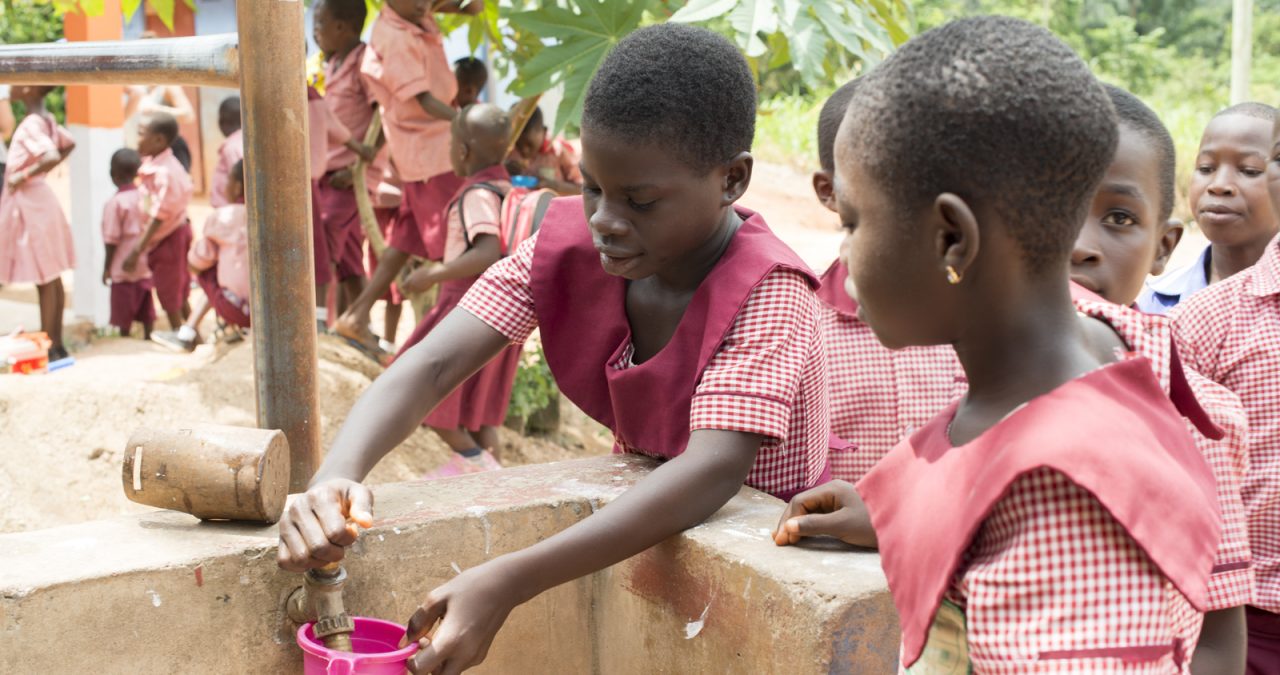Humanitas: Six-Month Impact Update

Date: 29/11/2023
Earlier this year, NextEnergy Foundation (“NEF”) funded the installation of a 5kWp rooftop solar system on Humanitas’s secondary school in Ayensuako, a rural village 400km from Accra, Ghana.
The installation was completed in mid-May and the system powers sewing machines; a fridge and a freezer; lights; computers; and, the internet router. In the first six months of operation, the system has had the following impact:
- Environmental: CO2 emissions avoided from previous dependence on the national grid – Humanitas will report back to NEF on the emissions reductions on an annual basis from May 2024
- Environmental: 24kg food prevented from going to waste, and the ability to buy food in larger quantities now that there is the assurance that it can be kept fresh or frozen – Humanitas anticipates that this will reduce food spending by up to £4,800 in the first year of the system’s operation; the savings will be channelled to improvements in educational services;
- Social: Staff has reported lower levels of stress and anxiety as teachers no longer have to manage the disruptions caused by momentary or lasting electricity cuts – Humanitas has been able to expand its IT laboratory and acquire two industrial sewing machines for children to practice on as a direct result of a direct result savings on energy and food costs;
- Social: Additional savings have been utilised to provide malaria treatment for pupils and school staff, and the solar system is also powering a water pump which is further improving health outcomes.
